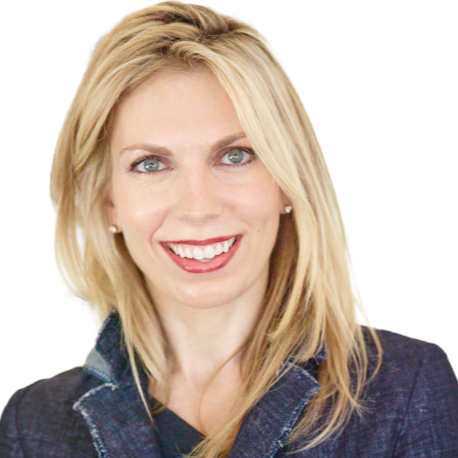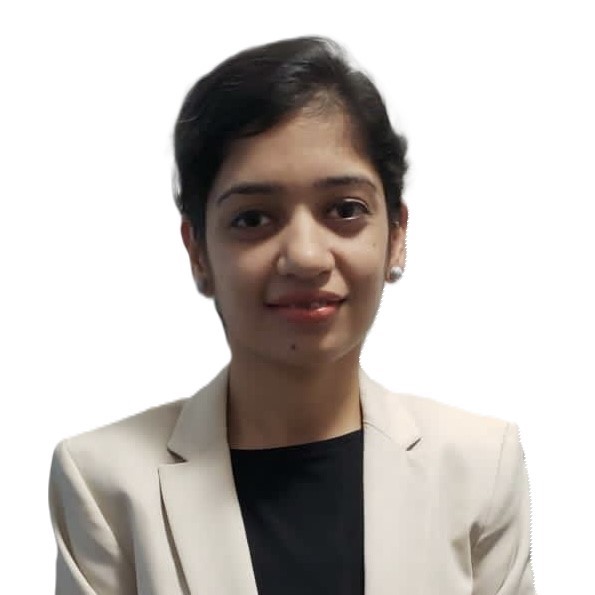Between 2020 and 2021, Convergence collaborated with the Swiss State Secretariat for Economic Affairs (SECO) to address the estimated $4 trillion annual SDG financing gap in developing countries. As part of this collaboration, Convergence provided advisory support on the development of an initial grant-making mechanism (Innovation Window) aimed at providing catalytic funding to innovative financing solutions that align with the Sustainable Development Goals (SDGs) and attract greater private impact investment.
Drawing from its experience in managing its Blended Finance Accelerator, Convergence collaborated with SECO and the initiative’s founding members to co-develop and lead the creation of the design funding window of the SDG Impact Finance Initiative (SIFI) in 2021. This initiative, dubbed the Innovation Window, provides catalytic design grants to support the early-stage development and structuring of innovative impact investment solutions. The Innovation Window complements the SIFI investment component, which provides patient, risk-tolerant capital to help crowd in private investment. Now global in scope, this original consultation process led by Swiss actors included both public and private sector partners: SECO, their intra-governmental partner the Swiss Agency for Development and Cooperation (SDC), UBS Optimus Foundation, and Credit Suisse Foundation. A consensus among the founding members was that this association should reach beyond the Swiss and position itself as a multi-donor platform. The partner association was formally launched at the Building Bridges event in December 2021, and the collaboration with Convergence continued when it was announced as the key partner to lead the initiative’s initial launch and first call for proposals for the Innovation Window. This event marked a significant milestone in catalytic impact finance, bringing together various government entities and foundations to pool resources supporting private capital mobilization and closing the SDG funding gap.
In partnership with SIFI, Convergence launched the 1st call for proposals in March 2022 for the Innovation Window. That same year, an independent board was established by SIFI to guide the association’s decisions. As the Implementation Partner for the pilot, Convergence worked closely with SECO and other stakeholders to co-design the inaugural cycle of the Innovation Window. This involved defining the window’s objectives, eligibility criteria, grant types, and evaluation framework and ensuring the thematic focus aligned with SIFI’s vision and donor priorities for an SDG-agnostic entity.
Specifically, Convergence helped develop the use of funds and additionality criteria for each grant type, drawing on its experience with feasibility studies and proof of concept grants. Additionally, a new grant category, called expansion stage grants, was introduced to support scaling up already launched solutions. SIFI’s members and Convergence jointly promoted the first call for proposals, attracting a high-quality pool of applications during the pilot phase. Convergence also played a key role in recruiting Investment Committee members to assess and select proposals.
The inaugural Innovation Window cycle resulted in seven awards to innovators across multiple SDGs. Following this pilot phase, SIFI members recruited a local team, and in 2023 Guillaume Bonnel was appointed as the association’s first CEO. Today, the platform has reached an international scale, with Luxembourg’s Ministry of Finance becoming the first European donor to join in 2024, followed by the Korea International Cooperation Agency (KOICA) in 2025 and the Ursimone Wietlisbach Foundation as a private foundation member.
Given Convergence’s active role in co-creating and designing the window, the association collaborated with Convergence to manage the second and third cycles. From 2022 to 2024, Convergence implemented three cycles that awarded a total of $4.6 million in grants to 19 solutions at various stages of development.
The Innovation Window is unique in that it addresses a wide range of SDGs through its targeted approach, with each call for proposal specifying three to four SDGs as its thematic priorities. In total, nine out of the 17 SDGs were covered as thematic priorities. Notably, the Window prioritized SDGs traditionally receiving less private sector attention, such as SDG 14 (Life Below Water) and SDG 16 (Peace, Justice, and Strong Institutions).
- Cycle 1 attracted 76 proposals, resulting in 7 grant awards totalling $1.5 Million to solutions focused on SDG 4, 8, 12 and 13
- Cycle 2 attracted 259 proposals, resulting in 7 grant awards totalling $1.8 Million to solutions focused on SDG 5, 14 and 15
- Cycle 3 attracted 266 proposals, resulting in 5 grant awards totalling $1.3 Million to solutions focused on SDG 3, 13 and 16
These solutions spanned several impact themes and targeted diverse developing countries and emerging markets:
- Gender: four Girls First Finance, Aqua Farms Organization, Chancen International, Reall) out of the 19 solutions aim for a direct impact on gender equality through increasing access to finance, education, and housing. Additionally, 12 out of the 19 solutions have women-led teams
- Emerging market focus: 58% of the solutions target Sub-Saharan Africa, followed by those with a Global and Latin America focus.
- Diverse impact themes:
a) 5 focus on agriculture, aquaculture, and fishing
b) 5 target conservation, restoration, and afforestation
c) 4 address access to health and education
d) The remaining solutions are either sector-agnostic or focus on peacebuilding, renewable energy, education, or affordable housing - Strong partnerships: Strong and synergistic partnerships are a key enabler of success for grantees. Six out of 19 solutions awarded through the Innovation window are being designed or implemented in the form of partnerships between multiple entity types. This approach worked particularly well for NGOs with practical experience but limited financial structuring expertise. They partnered with specialists to fill these gaps. For example, Global Schools Forum teamed up with Kaizenvest and others to create an education financing initiative (Generation Empowerment Fund) using financial institutions and impact-linked incentives. Similarly, Ground Up partnered with Stanbic Investment Management Services (SIMS) to manage a Fund of Funds for SMEs in Ghana, boosting its appeal to local investors through SIMS’ market presence.
In addition to acting as the implementation partner managing the call for proposals and awarding design grants, Convergence continues to support the active portfolio solutions by monitoring progress against milestones and reviewing deliverables to unlock grant funding, offering capacity building opportunities, providing feedback on solution design, and additional support through access to trainings, knowledge products, and a network of blended finance practitioners.
SIFI’s awardees will, if successful, generate pipeline for investors seeking opportunities to place capital in SDG-aligned businesses. SIFI’s flexible, highly responsive funding mechanism enables it to continually adjust the calls for proposals to direct capital toward solutions that address often undercapitalized SDGs. With additional members joining SIFI recently, the initiative is on track to take the form of a broad-spectrum partnership.
See all the SDG Impact Finance Initiative Innovation Window solutions here.


